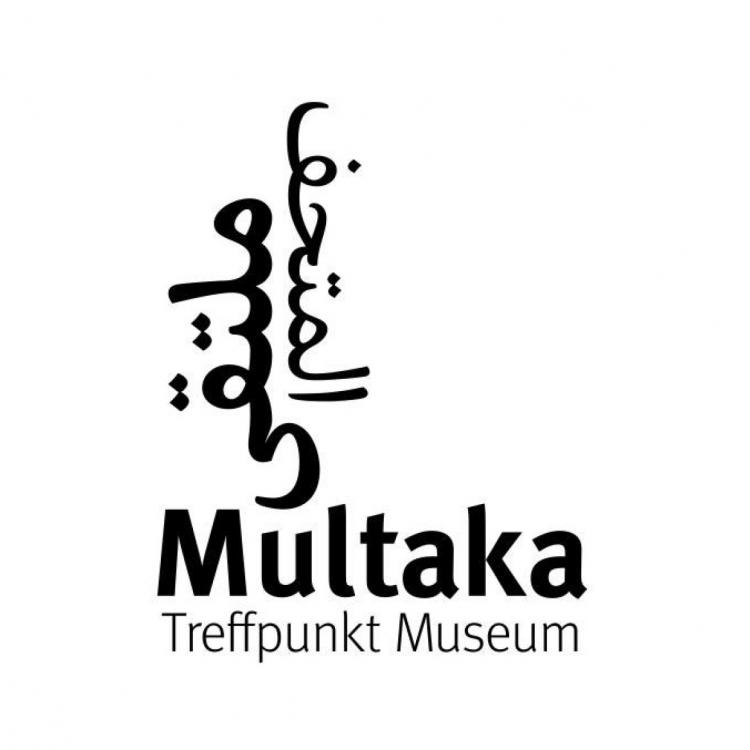Multaka: Museum as Meeting Point – Refugees as Guides in Berlin Museums
The project “Multaka: Museum as Meeting Point – Refugees as Guides in Berlin Museums” is a commedable initiative that allows Syrian and Iraqi refugees to be trained as museum guides so that they can then provide guided museum tours for Arabic-speaking refugees in their native language. These tours are free. "Multaka" (Arabic for “meeting point”) also aims to facilitate the interchange of diverse cultural and historical experiences. Based around the themes of the museums and issues of didactics and methodology, the program is aimed primarily at teenagers and young adults, but also addresses older people in mixed groups. On one level, the guided tours pose questions around historical objects relevant to contemporary debates, in order to establish a connection between the past and the present. The guides involve the visitors in the process of observing and interpreting the objects. In this way, through mutual dialogue and the consideration of their own history, the visitors become active participants. On another level, the tours focus on the historical and cultural connections between Germany, Syria and Iraq.
Through the depiction of such commonalities and the incorporation into a larger cultural and historical, epoch-transcending narrative, museums have the opportunity to function as a connecting link between the refugees’ countries of origin and their new host country, in order to create a context of meaning for their lives in Germany. By addressing visitors in clear and simple language aimed at all age groups and using peer-to-peer communication, the "Multaka - Museum as Meeting Point" project hopes to facilitate refugee access to museums, and to help them to find social and cultural points of connection, as well as to increase their participation in the public sphere. In each museum, the emphasis falls on their specific collections: the guided tours in the Skulpturensammlung (Sculpture Collection) and the Museum für Byzantische Kust (Museum of Byzantine Art) refer to the inter-religous roots and the common origins of the three world religions of Islam, judaims and Christianity. The displays in the Museum of Islamic Art and the Museum of the Ancient Near East are based on outstanding testimonies of the history of mankind, especially from Syria, Iraq, Turkey, and Iran. Both museums provide many narratives of the migration of cultural techniques between Europe and the Middle East, the diversity of societies, and the cultural interconnectedness of every epoch. The tours st the Deutches Historishes Museum connect these cultural experiences with the new homeland. Migration, shared heritage, general topics in history, contact zoens and identity are the key themes developed across the board.
